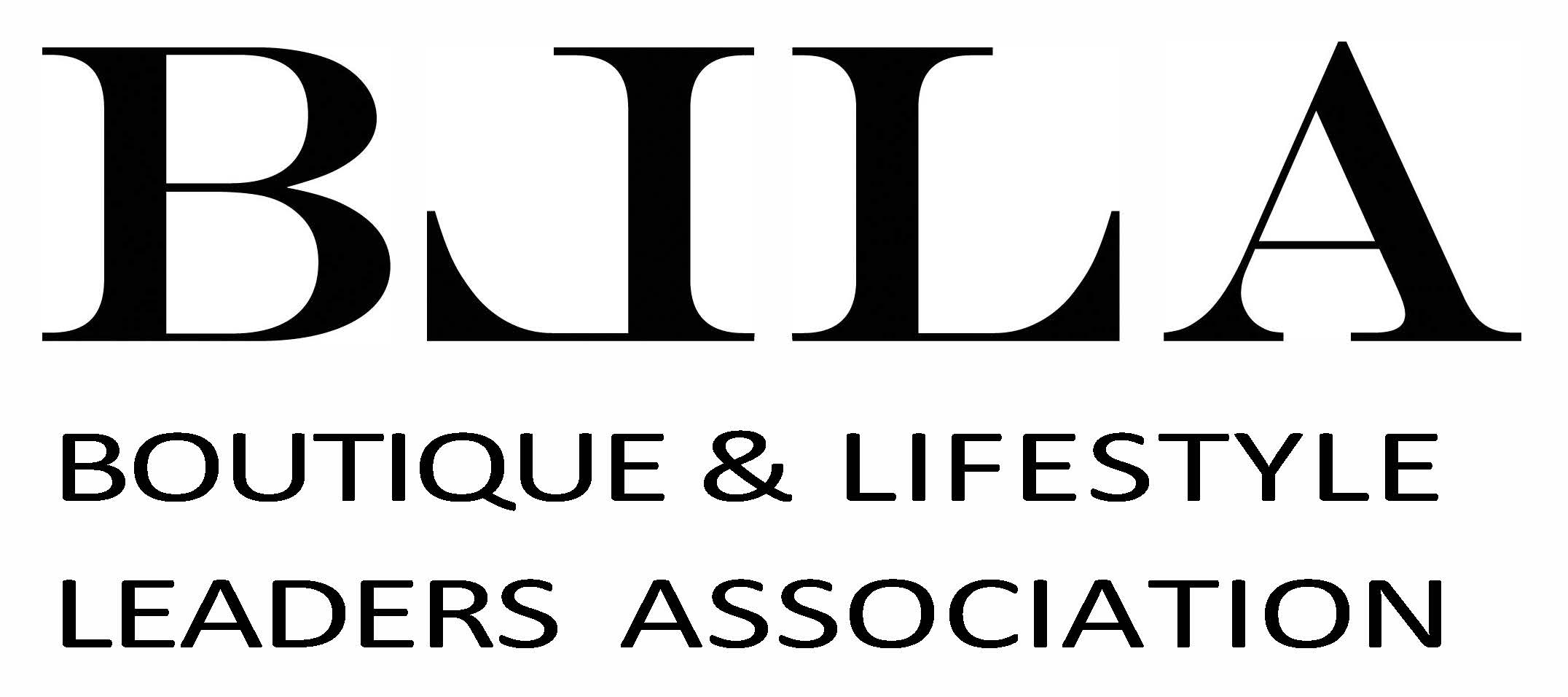BLLA Conference touts boutique hotels’ faster technology adoption at annual investment conference
Buying the right technology can increase a hotel assets value









The Boutique & Lifestyle Lodging Association, more commonly known as BLLA, championed its members' ability to rapidly adopt new technologies to improve amenities and on-property service quality for their guests during the BLLA's annual Boutique Hotel Investment Conference at The Times Center in New York on Wednesday, June 6th.
Conference panelists from companies such as tech giant LG Electronics, video-content provider Enseo and cloud-based hotel-technology company KEYPR also all touted the boutique hotel operators' ability to connect more closely to their guests than larger lodging providers in order to better gauge which technologies to either add or avoid. Carolyn Kremins, president of Skift, moderated the panel.
Panelist Mike Kosla, vice president of hospitality at LG Electronics, cited hotels' adoption rates of flat-panel televisions of a prime example of boutique hotels staying ahead of larger chain operators when it came to adopting technologies sought after by guests. "Between 2003 and 2006, we were all putting thin-panel TVs in [boutique] hotels, while [chain] hotels were still using the boxes," said Kosla. "The first properties to use that technology were the boutiques. It was fun to watch."
One advantage boutique hotels have over larger companies when it comes to new technology adoption is the fewer number of decision-makers, said the panelists.
"The larger brands have these huge organizations that are silos," said Enseo CEO Vanessa Ogle, adding that larger companies often have different people deciding amenities related to video content, guest messaging and staff safety. "Boutique hotels can pick a platform that will do more than one service. This is a unique opportunity for boutique hotels to jump ahead of their competitors at a fraction of the price."
"Boutiques can be more nimble," added panelist Robert Stevenson, CEO at KEYPR. "They can discover what needs to be done, and you don't have to solve it over 50 hotels at the same time." Video-content delivery, keyless room-entry features and revenue-management systems were among the subjects the panelists addressed when talking about how boutique hotels can better serve their guests by using new technologies.
Stevenson talked about how San Francisco's Hotel Via addressed the challenge of serving the crush of guests that typically check in just prior to Giants baseball games at nearby AT&T Park by adding keyless entry systems. "By [having guests] bypassing the front desk, staff can save a ton of time. It was a massive win," said Stevenson. "Then the question becomes, 'how can take that staff time we saved and repurpose it?'"
As for video content, Kosla stressed the importance of staying up to date on both hardware and software. "What drives me nuts is when we delivery beautiful high-definition televisions, and there's not beautiful high-definition content," he said. "Get a great content provider."
"We worked with a small boutique hotel called Hotel Park City. Instead of doing a big network upgrade, we talked to them, and they used our new entertainment solution," added Ogle. "We added Netflix in each room and personalized WiFi for each guest. They saw [average room rates] go up, saw a change in their asset value, and saved about $4 million in renovations."
For the back of the house, the boutique hotels' need to maximize room revenue via algorithm-based automated pricing systems becomes all the more vital because of the smaller number of rooms, said panelist Connie Rheams, vice president of hospitality at digital-workplace application maker Beekeeper. "I come from the airline industry, and airlines would never imagine that a person could determine the price of a particular seat," said Rheams. "For corner rooms with extra windows, you should get a system that allow you to differentiate your product."
Additionally, boutique hotels have an opportunity to customize guest services by using technology to collect more detailed data about their guests, said panelist Tammy Farley, president of Rainmaker, which builds cloud-based revenue-management systems. "Don't underestimate the power you have by being able to own the customer and use that data," Farley told the conference audience.
The subjects of both capital improvements, particularly on the technological front, and revenue management is particularly topical as U.S. hotels continue to achieve record-high occupancy levels and hotel owners look to best capitalize on higher demand. Last year, U.S. hotels boosted capital expenditures by 3.8% to a record $6.85 billion, or about $1,400 per available room, said Bjorn Hanson, clinical professor at NYU School of Professional Studies' Jonathan M. Tisch Center for Hospitality and Tourism, in a report published last October.
In addition to items such as new lobby designs and restaurant concepts, Hanson said hotels were spending more on items such as high-speed Internet capacity, technology related to supporting social media, larger flat-screen TVs and improved audio-visual equipment for meeting rooms. Capital-expenditures at U.S. hotels has more than doubled since 2010, Hanson said.
As a result, boutique hotels would be well-advised to designate an on-staff technology expert to track new technologies, said Rheams. "Having these big investments in legacy systems and trying to bolt on solutions is very difficult," added Rheams. "You have to have someone in your organization who's up to date on trends and is constantly evaluating software vendors.
First-time conference attendee Brett Jones, an associate with San Francisco-based David Baker architects, agreed with the panelists who said that boutique hotels' additional nimbleness would outweigh the impact of limited resources when it came to finding and implementing new technologies. "By having a smaller organization, it's going to be easier to stay one step ahead," Jones said.
The BLLA, which was founded in 2009, also announced at the conference that it was changing its name to the Boutique & Lifestyle Leaders Association from the Boutique & Lifestyle Lodging Association to reflect the expanding influence of its members' design and service philosophy. The trade group, whose annual New York investment conference attracted more than 350 attendees, also said that its Stay Boutique conference will be renamed Stay Boutique Live and will next be held in the Los Angeles area next February.
About BLLA
The official organization for the world's independent boutique lifestyle hotels and leaders who are entrepreneurs themselves, promoting capital, resources, connection, education, and advocacy. As a pioneer in forecasting the boutique movement, BLLA's boutique community currently extends to more than 10,000 verified boutique and lifestyle hotels. BLLA is a catalyst for trends and the future of the boutique lifestyle, exactly what today's traveler is embracing. BLLA.org / Stay-Boutique.com. BLLA is also a capital/partner matchmaker via its Boutique Money Group division.
The corporate manifesto is: Experience the intention behind the brand.
Frances Kiradjian
Founder & CEO
+1 818 264 4810
BLLA
